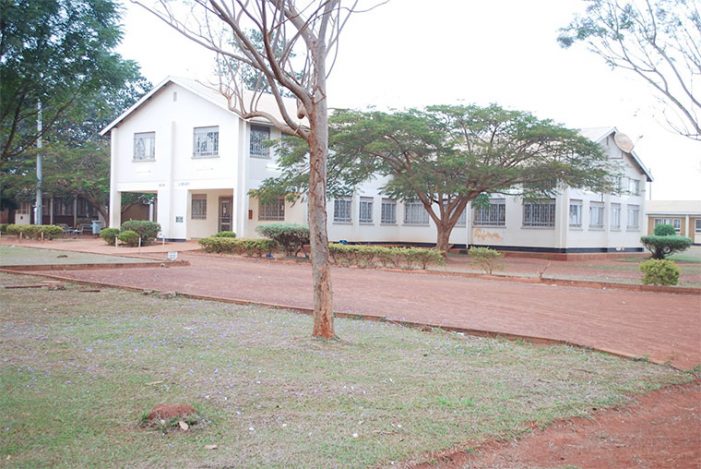Scientists at Gulu University have developed two major Ugandan vegetables with an added agronomic bio-fortification of essential micro-nutrient mineral Iodine.
According to the Iodine Bio Fortification Project Manager at Gulu University, Dr Walter Odongo, the project is a major development in the global search for alternative strategy for consumption of Iodized table salt.
“We have repeatedly used Iodine Fertilizers to fortify several acres of cabbages and Boo, a leafy local Acholi vegetable cuisine from the family of cow peas in Gulu and Lira districts over the past three years,” Dr Odongo said.

Gulu University is collaborating with Mountain of the mountain of the Moon University in Fort Portal and the Ghent University in the research project to develop marketing strategy for commercializing the technology.
Dr Odongo explains that promising experiments like theirs propels the World onto a course of eliminating Iodine Deficiency Disorders such as Goiter, Stunting and Poor Mental development in Children among communities.
The project was backed by a research study of disorders in 192 school children drawn from 16 primary schools and 310 women of reproductive ages 15 to 49 years in Gulu and Lira districts.
The study, according to scientist Miriam Ajambo, saw a high prevalence of Iodine Deficiency Disorders among the respondents with worse results in Gulu compared to Lira district.
The project is funded by the Flemish Government of Belgium to the tune 1.2 Billion shillings.
Dr Hans De Steur, a Lecturer and agricultural economist at the University of Gent says the global Iodine deficiency is substantial to trigger research of this nature for real solutions to be developed.
The vegetables were fortified under a four-year project that will culminate into examined for levels of Iodine after growing on soils enhanced with Iodized fertilizers at various stages of their growth.

